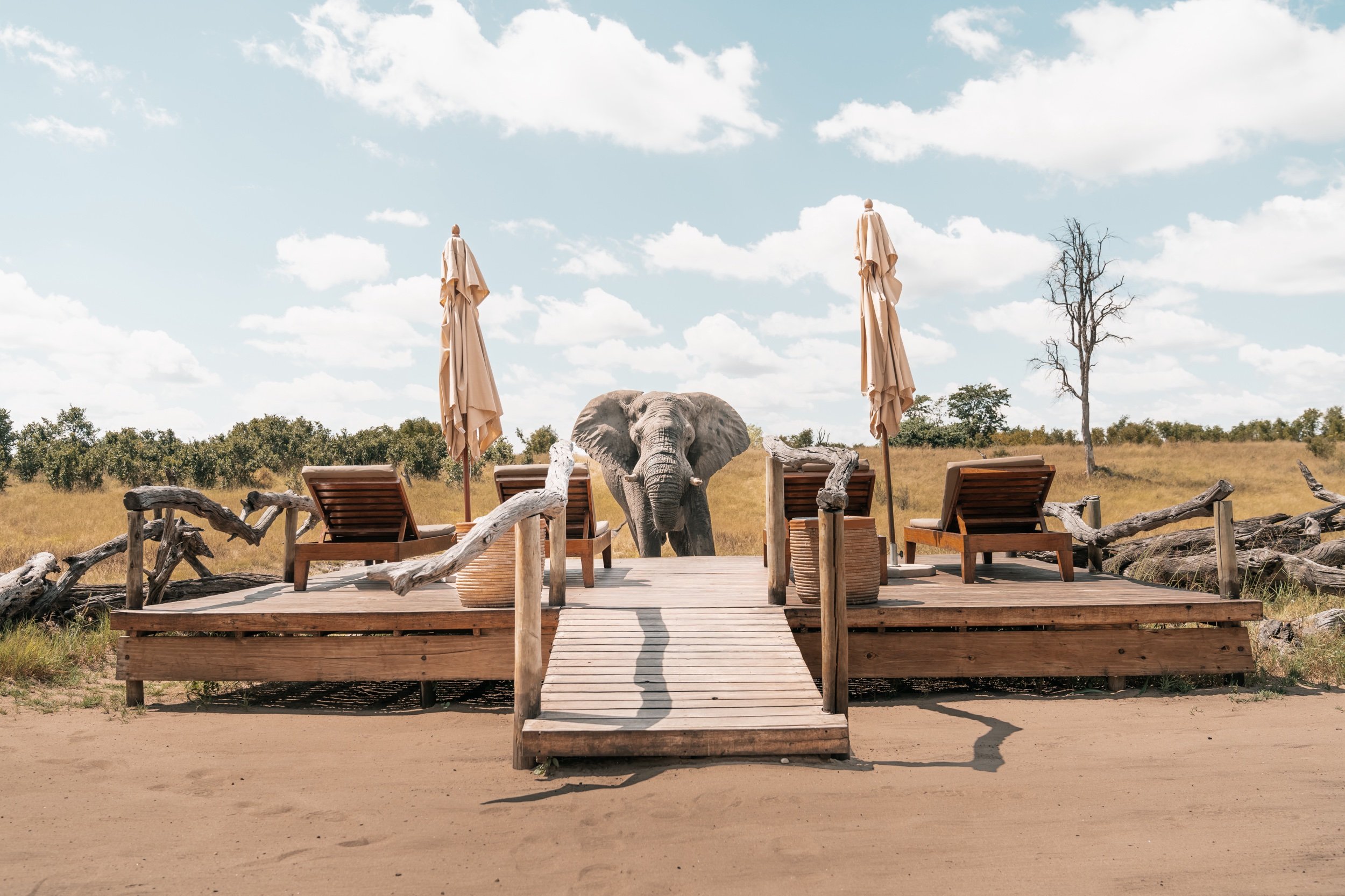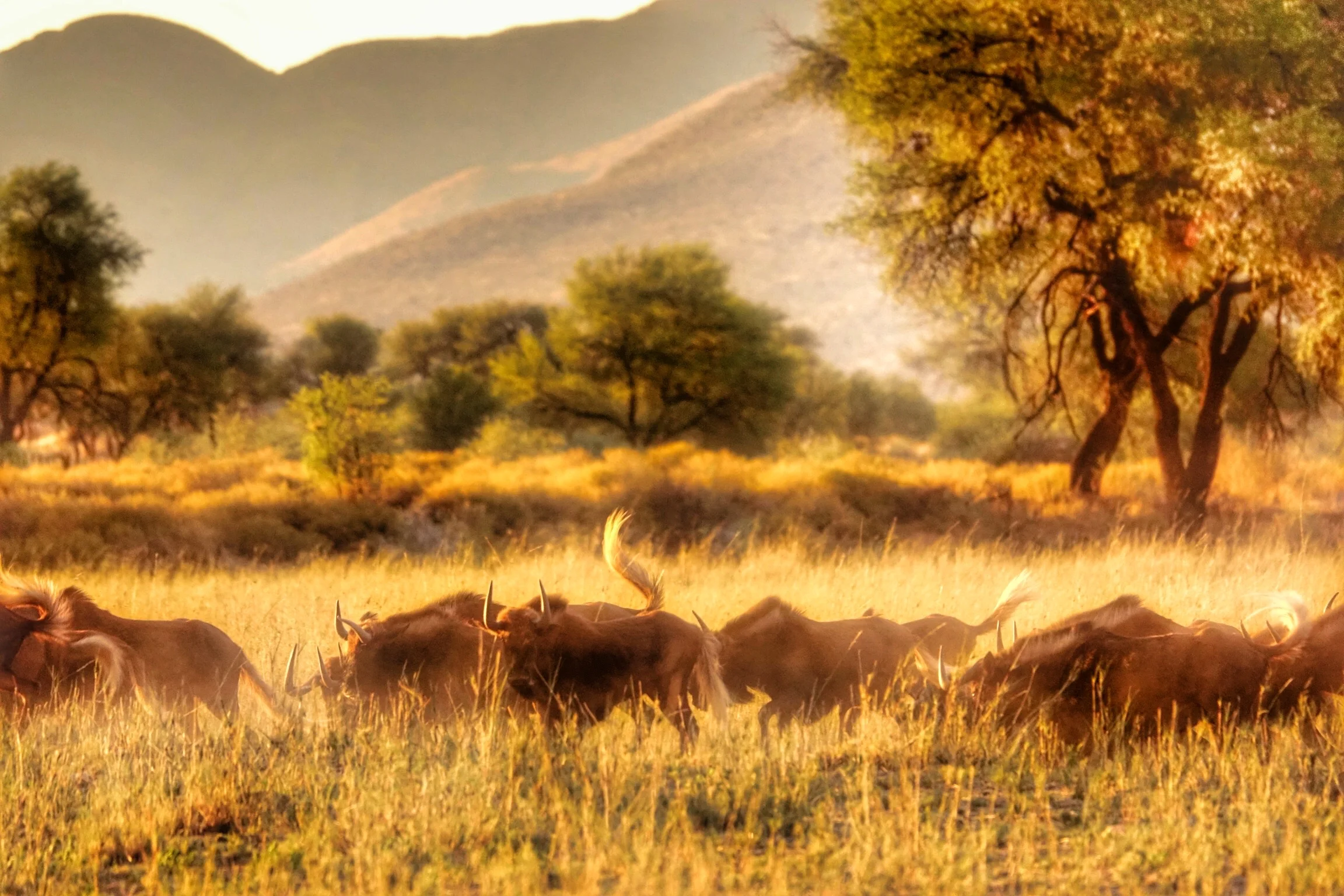Travel Journal
...a look back...travel diary - written words and descriptions of my journeys to Africa...
Featured

Botswana, Christmas in the bush, 2024
Zambia Botswana 2021
Anias Peymann
Zambia Botswana 2021
Anias Peymann









